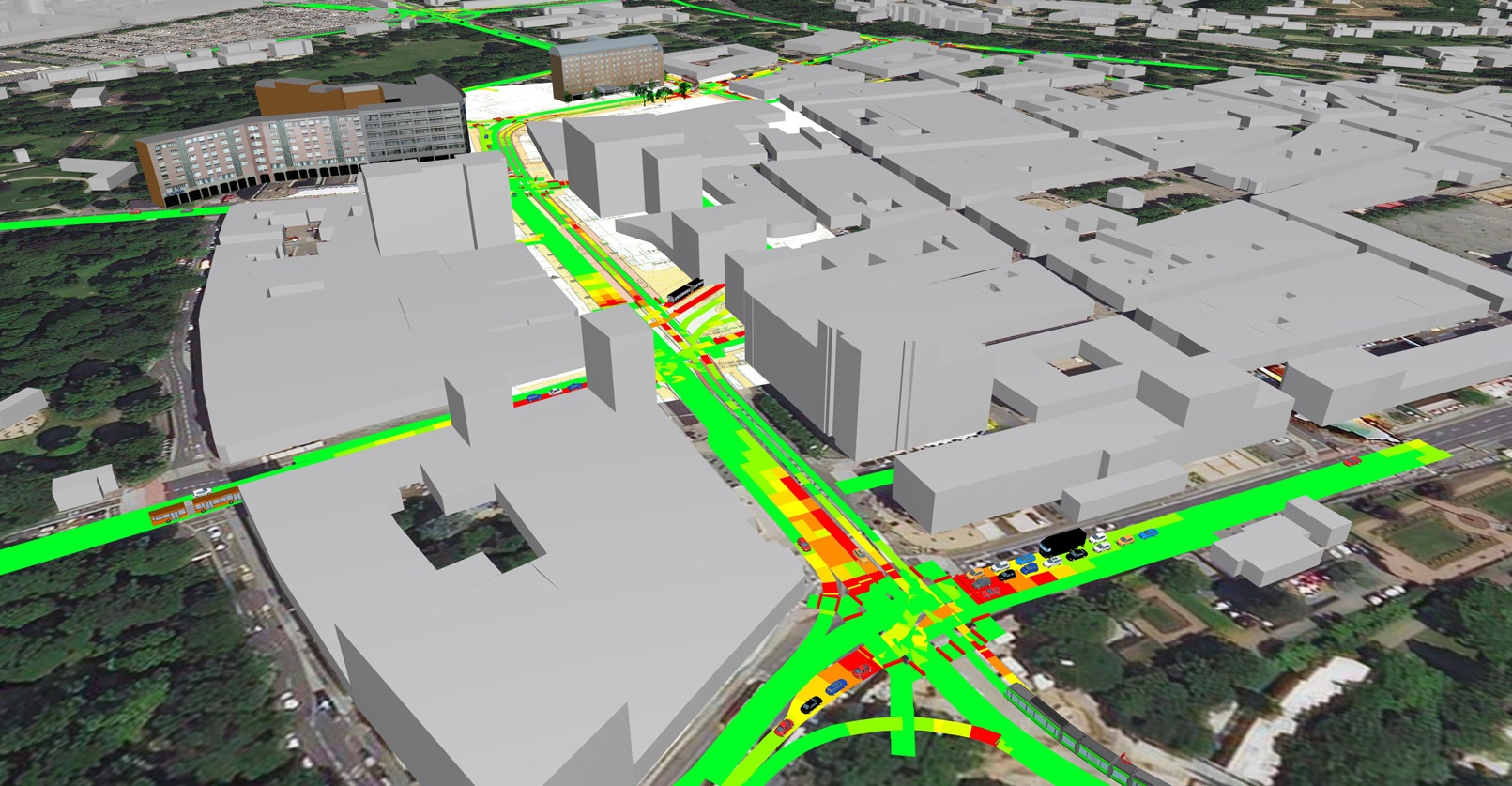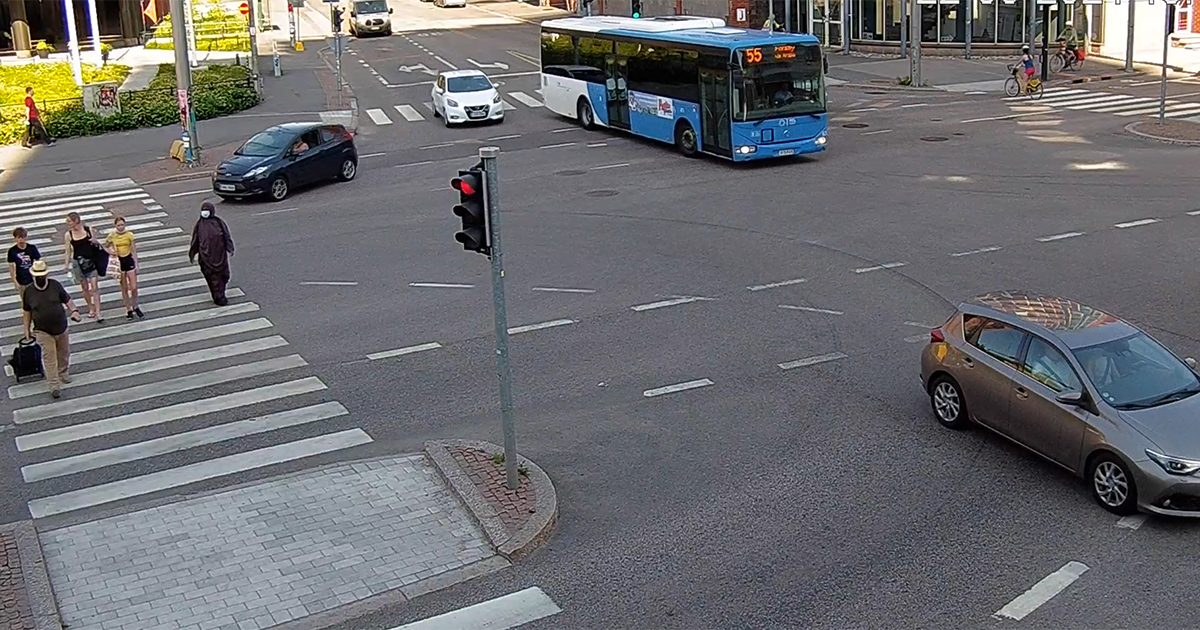
Kapsch TrafficCom has revealed in its Mobility Report 2021 that world car emissions are rising as vehicle miles travelled (VMT) rebound to pre-pandemic levels.
Findings show many people are less willing to use public transport than previously due to the infection risk – putting even greater demand on road networks and increasing VMT.
Kapsch warns that no city or highway authority can be complacent about the growing emissions challenge as dependence on private vehicles continues to grow worldwide.
According to Kapsch, the average gas-powered car emits 8887g of carbon dioxide (CO2) per gallon of gas and a total of 4.6 metric tonnes of carbon dioxide CO2 every year.
The company describes the transport industry as the fastest growing source of global emissions, generating around 28% of total emissions with 59% coming from passenger vehicles and light trucks.
How can we curb emissions?
Alfredo Escriba, chief technology officer at Kapsch TrafficCom, says short-term solutions are urgently needed to curb emissions from millions of vehicles on the world's road networks.
“Urban traffic and congestion management provide an immediate impact helping to reduce CO2 emissions,” Escriba continues.
“Reducing stop-and-go-traffic by communicating traffic signal information to drivers alone has been shown to reduce fuel consumption and therefore emissions according to a recent study from Canada.”
“More advanced methods, involving vehicle connectivity and AI-based data processing, can further reduce emissions caused by congestion and inefficient traffic,” he adds.
Authorities in many countries have been implementing ITS such as signalling solutions and congestion charging schemes for decades.
However, Kapsch points out that legacy approaches tend to focus on stand-alone and siloed solutions that use only a small subset of the traffic data nowadays available.
The company insists that traditional approaches therefore only provide limited emissions and air quality benefits.
Proactive traffic management
Kapsch refers to strategic plan developed by the city of Buenos Aires in 2017, shifting from “reactive to proactive-collaborative traffic management”.
The new Integrated Mobility Management System allows the city to manage data from multiple sources to generate and spread high-quality information.
The system's software with Kapsch’s EcoTrafiXTM platform works as an umbrella platform that can interface and sit on top of the current structure for a more unified platform – including Google Maps and Waze information and other third party systems.
Today, Kapsch emphasises that Argentina's capital Buenos Aires operates with a global supervision of city mobility: monitoring events and incidents and allow people to use a multi-modal transport system with efficient congestion management that is orchestrated by an integrated control centre.
In 2019, Kapsch installed a mobility solution based on the EcoTrafiXTM software in the Spanish city of Valladolid to provide commuters with a single point of information on transport schedules.












